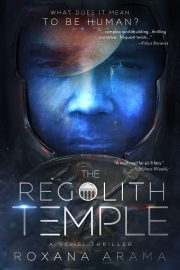Automation and Worldbuilding, Part One
by Kevin L. O’Brien
Automation is defined as technology that performs work with little or no human assistance; automatic machines are known as automatons. It actually predates the Middle Ages, in that the Greeks knew about and used automated systems as early as 300 BC: examples include Hero of Alexandria’s automatic doors and fountain, and Ctesibius’s robot owl.


